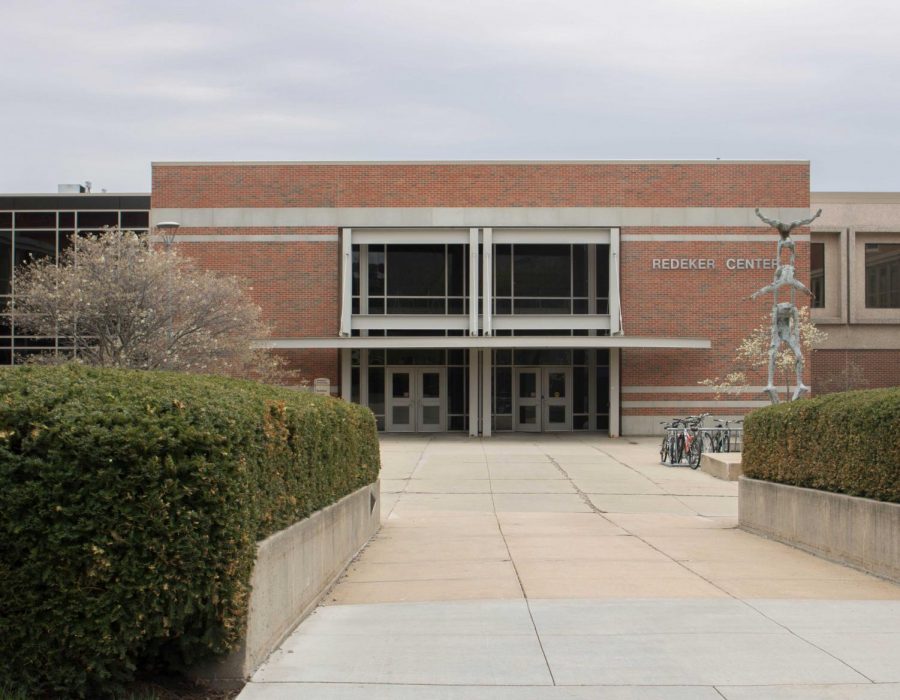Student employment impacted due to COVID-19
Apr 21, 2020
According to the University of Northern Iowa’s Career Services website, more than 5,400 students work on campus. Due to COVID-19 and the subsequent closing of campus operations, many of these students lost their jobs and income.
Hannah Menken, junior family services major, reflected on her sudden loss of her student supervisor position at Rialto Dining Center.
“Rialto was my job, my stress reliever, a place I could go where I knew I had strong relationships and a place that I could really have fun working at,” Menken said. “Since my job was terminated, I was unable to continue to pay rent and utilities. Luckily, I found a sublet.”
Other students are looking at the effect in the upcoming fall semester, such as junior public relations major Dylan Haase, a resident assistant for Lawther Hall.
“The loss of my stipend is unfortunate but survivable,” Haase said. “I will have to be a bit more frugal when buying supplies for fall classes.”
Haase also discussed the possible effect on his job as an RA.
“New RAs for the fall usually have an April orientation, but that will not be happening now. All of that training will have to be added to August orientation, and it remains to be seen how that will impact schedules,” he said.
Assistant Director for Career Services Sarah Goblirsch is hopeful for the future of on-campus positions, specifically ones in the summer.
“If slowly campus starts to open more, more opportunities will be available to work on campus in the summer,” she said.
The main crucial difference between jobs that currently can be worked and those that can’t is their ability to proceed remotely per Governor Reynolds’ request.
“It depends on the department and how they choose to go forward,” Goblirsch said. “Some departments are able to do that remote work option and others are not.”
Even those fortunate to still have a position on campus, like sophomore public relations major Lauren Henderson, are feeling the effects of the shutdown. Henderson works for UNItix, which has remained open only to employees.
Henderson explained, “We’re not open for the public, we can only answer phone calls and people aren’t really buying anything because people don’t want to buy anything when they don’t know how long this is going to last.”
Henderson also worries about how her situation with UNItix could change at any moment.
“If it stops, it stops, and I can’t really do much about it,” she said.
Some positives, though few, have also arisen in the wake of COVID-19’s impact on student employment. Along with new campus-wide sanitation policies that are likely to remain, Career Services has several new measures that they began and will continue into the fall. This includes virtual appointments through phone or video chat and email to help students who may need assistance.
“It’s important to have a variety of communication resources for students, and we’re hopeful to keep it that way in the fall,” Goblirsch said.
Nonetheless, the effect on the campus of missing student employees is felt amongst everyone involved.
“In general, student employees do so much for the university,” Goblirsch said. “Even though you may not be here, you do have an impact.”
Students, too, are choosing to remain positive about the situation.
Menken said, “UNI has made the best decision for us and keeps our health and safety in their best interest. This is a time to get caught up on schoolwork, get extra hours if able to work and allow time to work on your physical, emotional and spiritual well-being.”
According to Goblirsch, most jobs are accepting their spring-term employees with no re-application necessary. However, if students have questions regarding their fall employment status, they are encouraged to contact their supervisor at the university.









